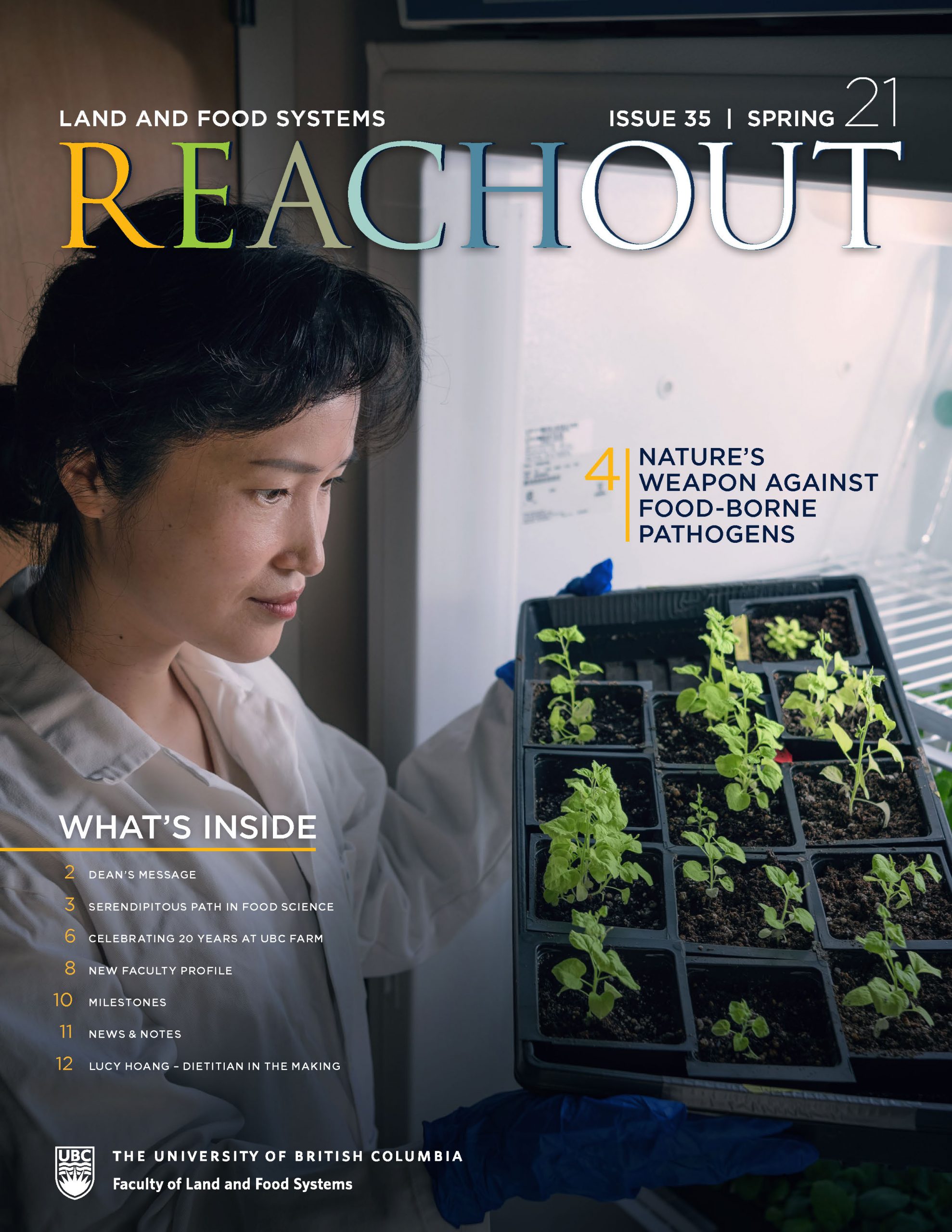New Faculty Profile: Andrea Frommel
Andrea Frommel will join the Applied Biology program on July 1 as an Assistant Professor and Chair of Sustainable Aquaculture. Originally from Mountain View, California, she received her PhD in Fisheries Biology from the Helmholtz Center for Ocean Research in Kiel, Germany. She was also a Postdoctoral Fellow with the Institute of Ocean and Fisheries and the Department of Zoology at UBC.
Research on early stage salmon development
“During my postdoctoral fellowship, I assessed the effects of suboptimal ocean conditions on the physiology of pacific salmon,” said Frommel. “During their migration from the river to their feeding grounds in the Atlantic Ocean, juvenile salmon encounter challenging ocean conditions such as warmer temperatures and higher carbon dioxide levels that can have strong effects on growth and survival.”
As a faculty member, her research program will follow a similar vein, by focusing on the effect of environmental parameters on the development of early life stages of fish.
Aquaculture a sustainable way to meet seafood demand
Frommel is also an instructor in the Faculty’s Graduate Certificate in Aquaculture program, which is currently accepting applications for its second cohort.
“This is an exciting time for the aquaculture industry as new technology has allowed for vast improvements in rearing of fishes,” said Frommel. “UBC’s Graduate Certificate program is designed by experts in the industry and academia, allowing students to graduate with skills in production, fish health and welfare standards, and technology use.”
Frommel also hopes that students will bring a new sustainable approach to the industry, and in turn help change the public opinion on it.
“Great efforts are being made to sustainably manage declining fish stocks in the wild, but climate change and other anthropogenic factors are limiting the progress. At the same time, the demand for seafood is increasing. Aquaculture has the potential to be a sustainable way to fill the gap. We can take pressure off threatened stocks, feed the world’s growing population, and save the oceans at the same time.”

